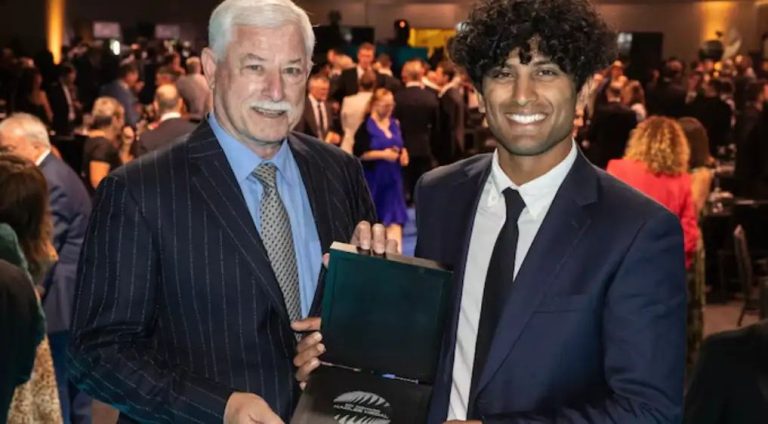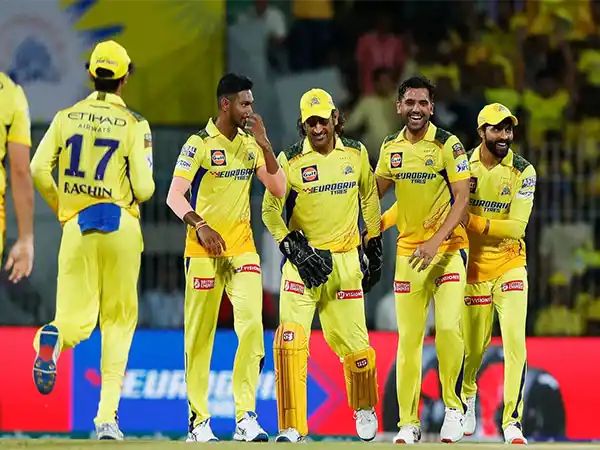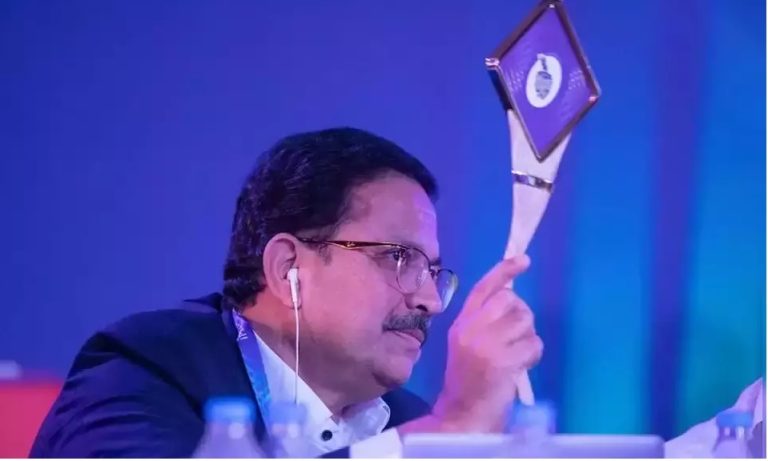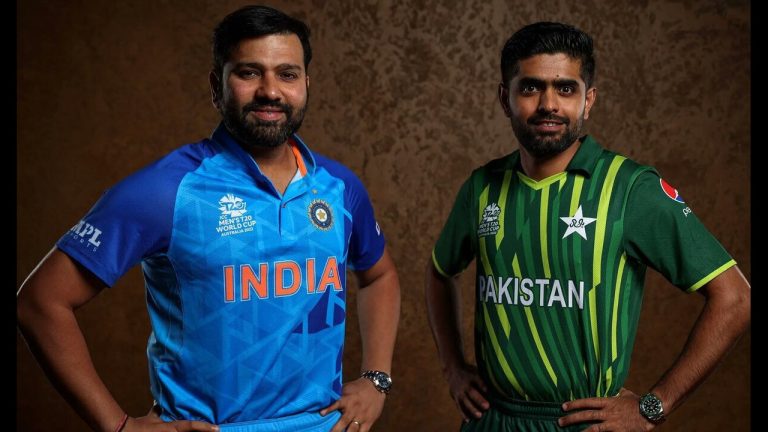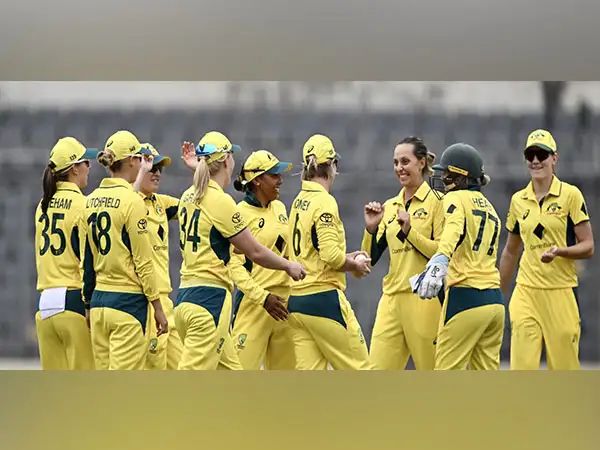BCCI-Led Committee To Evaluate the Necessity of Domestic Cricket Tournaments

Cricket games used to be played during winter due to the climatic conditions, offering refreshing circumstances and ample time between the offseason. In the past decades, particularly since the IPL ramped up its efforts in 2008, the schedule has become increasingly intensive, which has caused both scheduling issues and progressively increasing risks of injuries and exhaustion.
A recent example is The Ranji Trophy, which ended on March 10, leaving less than two weeks before the start of the 2024 IPL season.
The main reason for the hectic cricket schedule is money. Since the IPL boom in 2008, cricket has grown tremendously in India. Sponsorships, endorsements, and advertising spending surpassed the 15,000-crore mark in 2023, seeing record revenues of 15,766 crore. The IPL valuation and related pro cricket brands have soared over the past two decades, which is why the cricket schedule is so hectic. Beyond official numbers, we have seen an online sports betting boom in India that has come into full force and is unaccounted for due to murky Indian legislation. It’s estimated that Indian bettors place bets with offshore sports betting sites to a value of over Rs 8,20,000 crore per year, with 80-90% of all bets being wagered on cricket matches. Unfortunately, due to regulations, most of the betting handle ends up in foreign hands. If India were to legalise online sports betting, the pro cricket revenues would receive a significant boost, as well as tax revenue for the country.
Before the Indian government capitalises on online sports betting, the cricket schedule will likely be changed to allow players more breathing room and better conditions. While ad spending and revenues would decrease, many call for a change due to a cramped schedule.
Following the final of The Ranji Trophy and ahead of the 2024 IPL season, the Board of Control For Cricket in India (BCCI) have formed a committee that will investigate and review the Indian cricket schedule and deliver an official report with findings and recommendations. The BCCI Apex Council, complemented by Chief Selector Ajit Agarkar, General Manager Abey Kuruvilla, Head Coach Rahul Dravid, and NCA Director VVS Laxman, are responsible for the investigations.
In the case of The Ranji Trophy, only three rest days were given between matches, and the finalists ended up playing ten matches under these conditions. India is huge, and distances between matches pose challenges, resulting in hectic travel schedules and increasing the risks of fatigue and mental exhaustion beyond the limited time for players to recuperate physically between games.
While the IPL is likely to remain intact, the committee may find that some high-level tournaments should be deprioritised in favour of the top-level competitions and international play to manage the domestic schedule better and make it more feasible for players to participate internationally.

